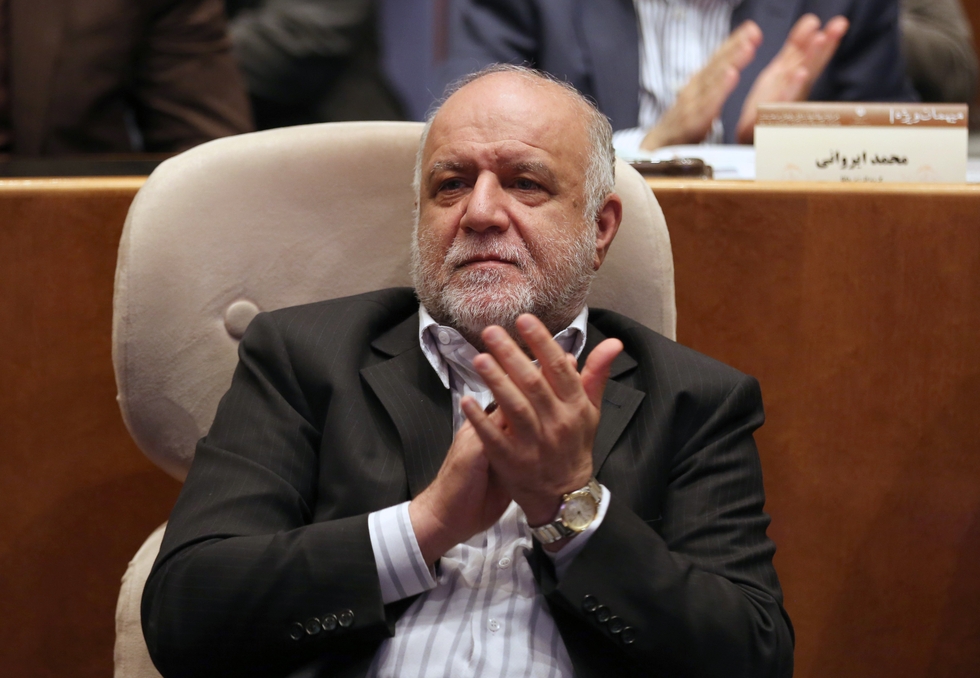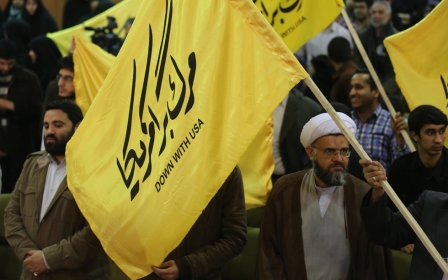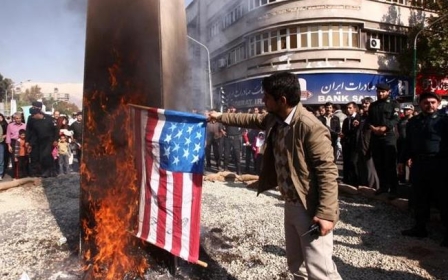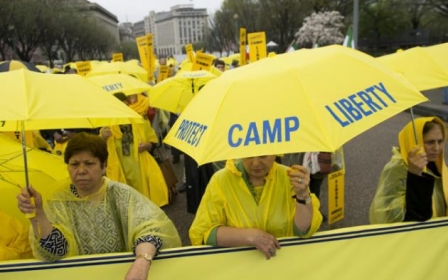Iran needs years, not months to regain oil status: Report

Iran's ambition to regain its full oil export capacity after the lifting of international sanctions is likely to take several years rather than months, a report said on Wednesday.
The Arab Petroleum Investment Corp (APICORP) said Iran is expected to add just 400,000 barrels per day by the end of next year and another 300,000 bpd by the end of 2017.
This would boost Tehran's production to around 3.5 million bpd and its exports to 2 million bpd by 2017.
Iran's pre-sanctions production hovered around 4 million bpd and exports at around 2.5 million bpd.
The APICORP report said Iran's oil recovery plans will largely depend on the involvement of international oil companies (IOCs), the conditions of major oil fields and availability of equipment.
Iran has the fourth-largest reserves in the world at 158 billion barrels and the second-biggest gas reserves, making it the global leader in energy reserves.
The oil ministry has announced it intends to attract up to $100 billion (of foreign investment to modernise the sector, which has been underdeveloped for a decade.
As a result of sanctions linked to Iran's nuclear programme, production dropped to 2.8 million bpd. Exports have almost halved to 1.3 million bpd from 2.5 million bpd in 2011.
Iran's Oil Minister Bijan Zanganeh said after its July nuclear accord with world powers that Tehran could produce an extra one million bpd in the six months following the end of sanctions under the deal.
The ministry plans to invite international companiess and is scheduled to unveil the terms for new contracts in London in December.
However, the report by APICORP, which was established by the Organisation of Arab Petroleum Exporting Countries, described expectations by Iran's oil ministry as ambitious because of many technical hurdles.
Iran is betting on the swift re-entry of foreign oil companies, the report said.
"While preparation for this has been considerable, technical and commercial holdups are likely to mean the fruits of IOCs' involvement will not be significant until the end of the decade," it said.
If, however, Iran succeeds in boosting production to pre-sanctions levels faster than expected, it will dampen any hope for a price rebound, the report said.
"If Iranian supply growth surprises on the upside, it will exacerbate the global storage glut, putting a cap on any price recovery," it said.
New MEE newsletter: Jerusalem Dispatch
Sign up to get the latest insights and analysis on Israel-Palestine, alongside Turkey Unpacked and other MEE newsletters
Middle East Eye delivers independent and unrivalled coverage and analysis of the Middle East, North Africa and beyond. To learn more about republishing this content and the associated fees, please fill out this form. More about MEE can be found here.




